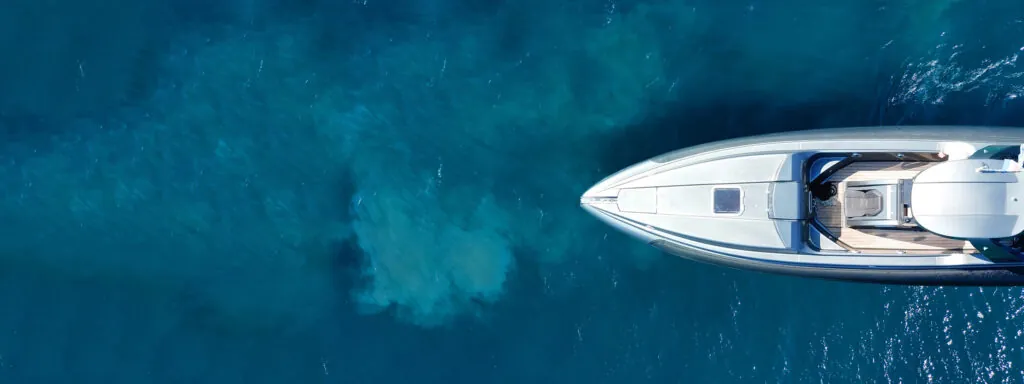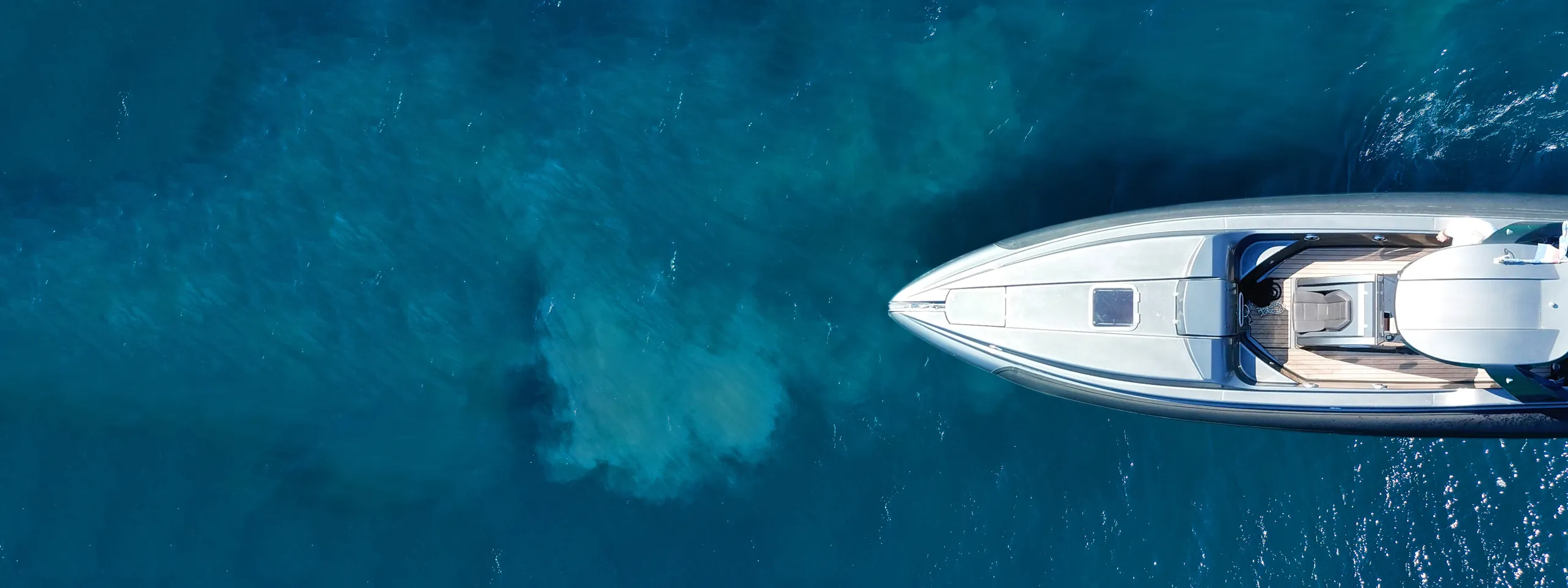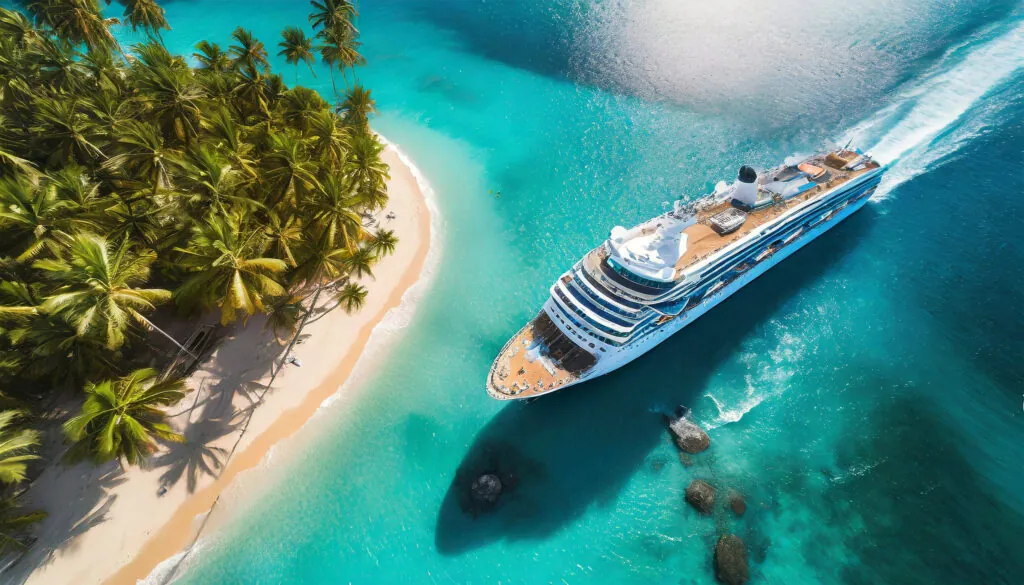Luxury yachts and high-end cruise experiences are meant to provide relaxation, indulgence, and unforgettable memories. But when accidents happen at sea—whether due to slippery decks, untrained crew members, or poorly maintained facilities—the results can be devastating.

If you’ve been injured while on a private yacht or high-end cruise, it’s important to understand that you have legal rights. Maritime personal injury law exists to protect passengers, even in the complex and often international settings of yacht charters and luxury cruises. This article will explain how liability works, what steps to take after an accident, and how to begin the process of pursuing a legal claim for compensation.
Common Causes of Injuries Aboard Luxury Yachts and Cruises
While luxury vessels are marketed as safe and elite environments, they are not immune to risks. In fact, the very features that make these experiences luxurious—pools, spas, fine dining, and offshore excursions—can also introduce hazards when safety is neglected.
1. Slippery Deck Accidents
Deck surfaces on yachts and cruise ships are frequently exposed to ocean spray, rain, spilled drinks, or wet towels. If these surfaces are not adequately maintained or marked with caution signage, passengers can easily slip and suffer serious injuries such as broken bones, concussions, or spinal trauma.
In maritime law, vessel operators have a legal duty to ensure that decks are reasonably safe for passengers. This includes using slip-resistant materials, cleaning regularly, and placing visible warnings in slippery areas.
2. Onboard Spa and Pool Injuries
Many luxury vessels feature high-end amenities like hot tubs, spas, and swimming pools. However, these areas can be just as dangerous as they are relaxing. Injuries may result from malfunctioning pool equipment, improperly maintained water temperatures, or chemical imbalances. Additionally, the areas around these facilities are often wet, making them high-risk for falls.
In some cases, injuries are caused by design flaws or lack of staff supervision. If this happens, the yacht owner or operator may be held liable for failing to maintain a safe environment.
3. Offshore Excursion Mishaps
Luxury cruises often include guided excursions to tropical islands, snorkeling trips, or cultural tours. While these activities are marketed as part of the overall cruise experience, they are not always operated directly by the cruise company. Still, passengers may not be aware of who is legally responsible if an injury occurs.
If you’re hurt during one of these excursions, legal liability may depend on whether the cruise line advertised or facilitated the activity. Maritime law considers how closely tied the third-party vendor is to the cruise operator when determining responsibility.
4. Medical Negligence Aboard
Most modern luxury vessels, including both yachts and cruise ships, have onboard medical staff or contracted medical services. While these services can be life-saving in emergency situations, they may also fall short of acceptable medical standards.
If a doctor or nurse on board misdiagnoses a condition, provides incorrect treatment, or delays care, you may be entitled to compensation under maritime medical malpractice laws. These cases can be complex, but they are often critical to securing the care and recovery support you need.
How Maritime Personal Injury Law Works
Maritime law—also known as admiralty law—is a specialized area of legal practice that governs events and injuries that occur on navigable waters. If you are injured at sea, your claim may fall under this body of law rather than standard personal injury law used on land.
What is Admiralty Law?
Admiralty law encompasses legal issues that occur on oceans, rivers, and other navigable bodies of water. It covers a broad range of topics, including shipping disputes, cargo losses, and, importantly, personal injury claims by passengers and crew members.
Unlike typical personal injury cases, which follow state or local laws, maritime injury claims are often handled in federal court and subject to entirely different procedures, rules, and statutes of limitations.
Why It Matters
If you’re filing a claim for a luxury yacht injury or cruise ship accident, admiralty law may affect everything from where you file your lawsuit to how much time you have to do so. Maritime law often includes shorter filing windows—some as brief as one year. It’s also subject to unique defenses that vessel owners can use to reduce or avoid liability.
Because of these complexities, it is critical to work with a lawyer who specializes in maritime law. General personal injury attorneys may not be familiar with the nuances that can make or break your case.
Who Can Be Held Responsible?
Identifying the correct party to hold liable is one of the most important steps in a maritime injury claim. Depending on the circumstances, more than one party may be at fault.
1. Yacht Owners and Charter Companies
When you’re injured aboard a privately chartered yacht, the owner of the vessel—or the company that operates the charter—may be legally responsible for your injuries. This is especially true if the injury was caused by improper maintenance, lack of safety measures, or failure to employ adequately trained staff.
For example, if the deck was slippery due to improper cleaning, or if safety rails were missing or broken, the owner could be held liable for failing to meet their duty of care.
2. Cruise Line Operators
Cruise lines owe a duty of care to their passengers, and they are generally responsible for ensuring that the vessel is safe and that all advertised experiences meet safety standards. However, many cruise lines include fine print in their passenger contracts to limit their liability. These contract provisions may attempt to shorten the time you have to file a claim, restrict where you can file, or impose arbitration instead of a public lawsuit.
Despite these provisions, cruise lines can still be held accountable if negligence can be proven.
3. Negligent Crew Members
If your injury was caused by the reckless or careless behavior of a crew member—such as improper handling during an emergency, failure to warn about hazards, or administering poor medical treatment—you may be able to sue the individual and their employer. In most cases, the company employing the crew member will be held vicariously liable for their actions.
What To Do After a Yacht or Cruise Injury
If you are injured during a cruise or on a private yacht, acting quickly and strategically can make a significant difference in the outcome of your claim.
1. Seek Immediate Medical Attention
Your first priority should be to get medical help, whether from the ship’s doctor or a hospital at the next port. Having an official medical record of your injury will strengthen your case and show that you took the injury seriously from the start.
2. Gather Evidence
Take clear photos of the scene where the injury occurred. If there were warning signs—or a lack thereof—document that as well. Collect names and contact information from witnesses and crew members who saw the incident. Save any written communication with cruise staff or yacht operators.
3. Review Contracts and Waivers
If you were on a cruise or had signed a charter agreement, review the terms carefully. While many contracts include clauses meant to limit the operator’s liability, these clauses may not always be enforceable, especially in cases of gross negligence or failure to disclose risks.
4. Contact a Maritime Injury Lawyer
Consult a lawyer with experience in maritime personal injury claims. They can determine whether you have a valid claim, help you collect further evidence, and ensure you file your lawsuit within the legal deadlines.
Filing a Maritime Injury Lawsuit: What to Expect
Pursuing legal action under maritime law requires understanding how jurisdiction, evidence, and compensation work differently than in typical personal injury cases.
Jurisdiction and Venue
Depending on where the injury occurred, your lawsuit may need to be filed in federal court or in a specific state or country. If your injury happened on international waters, federal admiralty jurisdiction likely applies. In some cases, your passenger contract may designate a particular court as the required venue.
Proving Negligence
To win your case, you must show that the operator or owner failed to act with reasonable care. This might involve presenting evidence such as maintenance logs, employee training records, expert testimony, and accident reports.
Damages and Compensation
If successful, you may be awarded compensation for:
- Emergency and ongoing medical expenses
- Lost income or loss of future earning ability
- Pain and suffering
- Emotional distress
- Permanent disability or disfigurement
In some extreme cases, punitive damages may also be awarded if gross negligence or willful misconduct is proven.
Common Legal Mistakes to Avoid
Many passengers unknowingly sabotage their cases by making simple but costly errors. Here are a few mistakes to avoid:
- Waiting too long to file a claim, especially if your cruise contract shortens the statute of limitations
- Accepting settlement offers from cruise operators without consulting an attorney
- Failing to collect evidence at the scene
- Using a general personal injury lawyer unfamiliar with maritime law
Frequently Asked Questions
Can I sue if I was injured on a private yacht, even if I signed a waiver?
Yes, you may still have the right to sue even if you signed a waiver before boarding the yacht or during the booking process. Waivers do not always hold up in court, especially if your injury was the result of gross negligence, unsafe conditions, or a failure to warn passengers about known risks. Maritime law often favors the injured party when it comes to enforcing safety standards, and courts may choose not to honor a waiver if it was overly broad or lacked clarity. It’s essential to have a maritime attorney review the specifics of your situation and the language of any waiver or contract you signed.
Who is responsible for my injury if it occurred during an offshore excursion?
Responsibility for injuries sustained during an offshore excursion can depend on several factors, including whether the activity was arranged by the cruise line, a third-party vendor, or independently by the passenger. If the cruise line promoted or facilitated the excursion, they may be liable for any accidents that occur during that time, especially if they failed to properly vet the operator or ensure basic safety standards. If the excursion was clearly organized by an independent vendor with no connection to the cruise company, liability may rest solely with that third party. Determining liability in these cases often requires a thorough legal investigation.
Do maritime injury cases follow the same rules as land-based personal injury cases?
Not exactly. Maritime personal injury cases are governed by admiralty law, a distinct body of federal law that applies to incidents on navigable waters. This legal framework includes different rules for jurisdiction, liability, deadlines, and types of compensation. For example, the statute of limitations under maritime law is often shorter than in typical personal injury cases—sometimes as little as one year. Additionally, maritime law considers factors like seaworthiness of the vessel, the nature of the voyage, and the duties owed by the crew and vessel owner. This is why it’s important to work with a lawyer who has specific experience handling maritime or admiralty claims.
How long do I have to file a claim after a cruise or yacht injury?
The amount of time you have to file a maritime injury claim depends on a combination of federal maritime law and any specific contract provisions included in your ticket or charter agreement. Under general maritime law, the statute of limitations for filing a personal injury claim is typically three years. However, many cruise lines and charter companies reduce this window through contractual clauses—some requiring you to file within one year or even notify the company of your intent to sue within six months. It’s important to review the terms of your passenger agreement and consult a lawyer as soon as possible to avoid missing important deadlines.
What kind of compensation can I receive in a maritime injury lawsuit?
If your claim is successful, you may be entitled to various forms of compensation depending on the nature and severity of your injury. This may include payment for medical expenses—both immediate and long-term—lost wages or diminished earning capacity, and compensation for pain and suffering. In cases involving permanent disability, disfigurement, or psychological trauma, additional damages may be awarded. In rare cases where the injury resulted from intentional misconduct or gross negligence, punitive damages could also be pursued. Each case is unique, and the amount of compensation varies based on the specific details and legal arguments presented.
Final Thoughts
Getting injured during a luxury yacht vacation or high-end cruise can turn a dream getaway into a nightmare. But just because your injury happened at sea doesn’t mean you’re powerless. You have rights—and the law is on your side.
Understanding how maritime personal injury law works is the first step. From identifying liable parties to gathering evidence and navigating specialized legal procedures, your best course of action is to seek the guidance of an attorney who understands the intricacies of admiralty law.
Contact The Cruise Injury Law Firm Today
If you or a loved one has been injured on a luxury yacht or cruise, don’t wait. Speak with a maritime personal injury attorney as soon as possible to protect your rights and pursue the compensation you deserve. Time limits are strict, evidence can disappear quickly, and experienced legal counsel can make all the difference.
Contact The Cruise Injury Law Firm today for a free consultation and take the first step toward justice.



